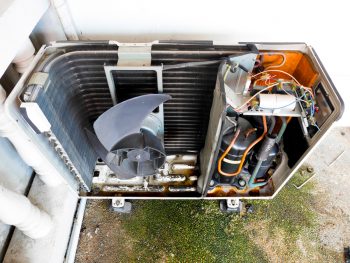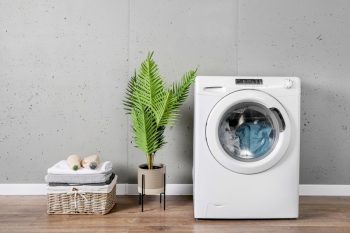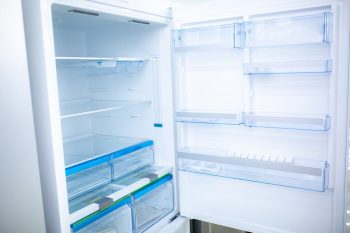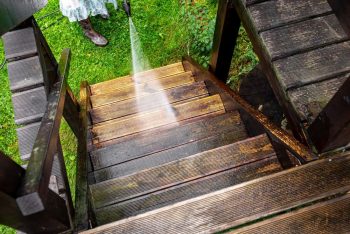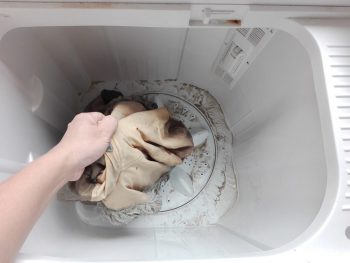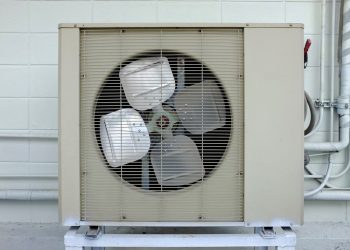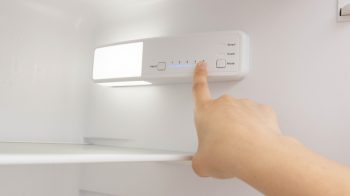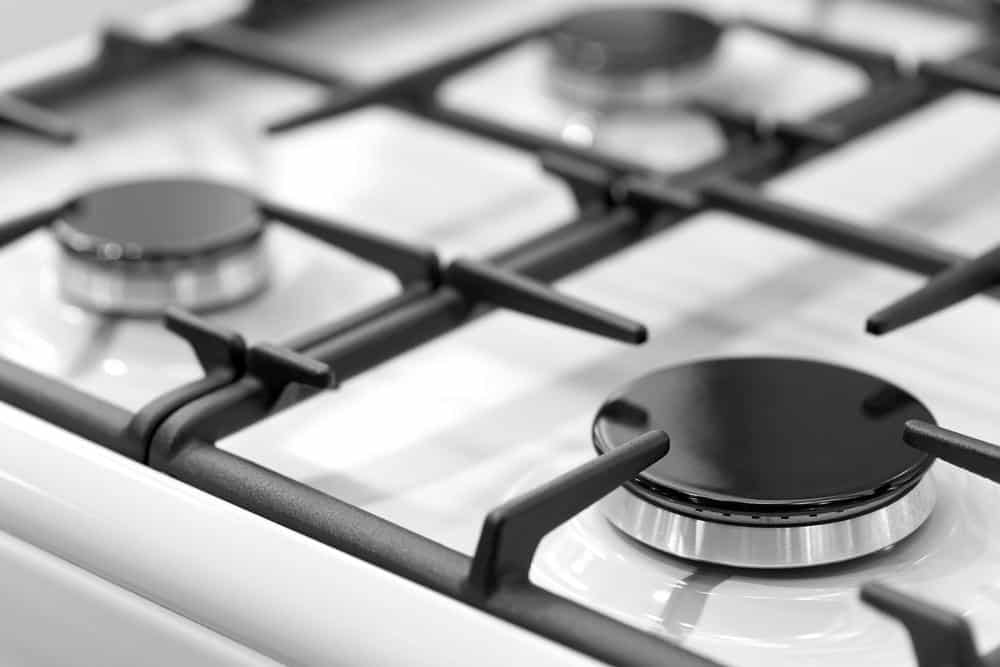
Your gas oven is a crucial appliance in your kitchen, and when it stops working, it can be a significant inconvenience. There are several reasons why your gas oven might not be working, including issues with the circuit breaker, igniter, gas supply, temperature sensor, or heating element. This in-depth article will help you identify and troubleshoot the problem, and guide you when to call a professional for assistance.
Your gas oven might not be working due to issues with the circuit breaker, gas supply, igniter, temperature sensor, or heating element. Check the circuit breaker first to ensure it hasn’t tripped. Then inspect the gas supply, igniter, temperature sensor, and heating element. If you’ve checked these and your oven still doesn’t work, or if you smell gas, it’s time to call a professional. Regular maintenance can also help prevent oven breakdowns.
1. Check the Circuit Breaker
Gas ovens require electricity to operate elements like the control board, igniter, and temperature sensor. If your oven isn’t working, the first thing you should do is check the circuit breaker. Ensure it hasn’t tripped and if it has, reset it by switching it back to the “On” position.
2. Inspect the Gas Supply
Gas supply issues are a common cause of oven malfunctions. Start by checking the surface burners on your gas range. If they’re working, your oven should be getting gas as well. If not, check the main gas valve and ensure it’s turned on. If the gas supply is fine and the oven still doesn’t work, you might be dealing with a more complex issue.
3. Examine the Igniter
The igniter plays a crucial role in the operation of your gas oven. It’s responsible for sparking the gas and creating the flame that heats the oven. If the igniter is dirty or faulty, your oven won’t heat up. You can check the igniter by turning off the power to the oven, removing the oven racks, and inspecting the igniter for visible damage or wear.
4. Check the Temperature Sensor
The temperature sensor regulates the oven’s temperature. If it’s not functioning properly or touching the inside wall of the oven, your oven might not heat evenly or at all. You can use an ohmmeter to check the sensor’s functionality. If it’s not working, you’ll need to replace it.
5. Assess the Heating Element
If your oven is not heating evenly, there could be an issue with the heating element. Inspect it for any visible damage and replace it if necessary.
6. Other Potential Issues
If you’ve tried all the steps above and your gas oven is still not working, there could be other problems at play. These might include faulty wiring, a defective electronic control board, or a failed safety gas valve. In such cases, it’s best to consult a professional appliance repair service.
When to Call a Professional
While some minor issues can be fixed by homeowners, more complex problems or repairs involving gas lines should be left to professionals. If you smell gas or suspect a gas leak, immediately shut off the gas supply and call a professional. Similarly, if you’re experiencing power fluctuations, unresponsive controls, or other electrical issues, it’s best to call a professional to avoid the risk of electric shock or further appliance damage.
Preventive Maintenance
Regular maintenance can help prevent your gas oven from breaking down. This includes using the self-cleaning feature if available, cleaning the oven regularly, inspecting and cleaning the burner channels, wiping up messes daily, and checking the oven door seal. Installing carbon monoxide detectors in your home can also help monitor for gas leaks.
In conclusion, while gas oven issues can be frustrating, understanding the potential causes can help you troubleshoot the problem and decide the best course of action. Always prioritize safety when working with gas appliances and don’t hesitate to call a professional when in doubt.
Frequently Asked Questions
How often should I clean my gas oven?
Ideally, you should clean your gas oven at least once every three months. However, if you notice any food particles or spills, it’s best to clean it immediately to prevent buildup and potential fire hazards.
Can I use any type of cleaner for my gas oven?
Not all cleaners are safe for gas ovens. Avoid using harsh chemicals or abrasive cleaners. Instead, opt for a mild detergent or a mixture of baking soda and vinegar. Make sure to rinse thoroughly and dry the oven after cleaning.
How can I tell if my oven’s heating element is faulty?
A faulty heating element may not glow red hot, or it may have visible signs of damage like blistering or cracks. If your oven isn’t heating evenly or takes longer than usual to heat, these could be signs of a faulty heating element.
What should I do if I smell gas even when my oven is off?
If you smell gas when your oven is off, it could be a gas leak. Immediately shut off the gas supply and evacuate your home. Avoid turning on lights or anything that could cause a spark. Contact your local gas company or a professional immediately.
Is it safe to do oven repairs myself?
While minor issues like cleaning or replacing the igniter can be done by homeowners, it’s important to remember that working with gas appliances can be dangerous. More complex problems or repairs involving gas lines should always be left to professionals. Always prioritize safety and don’t hesitate to call a professional when in doubt.

